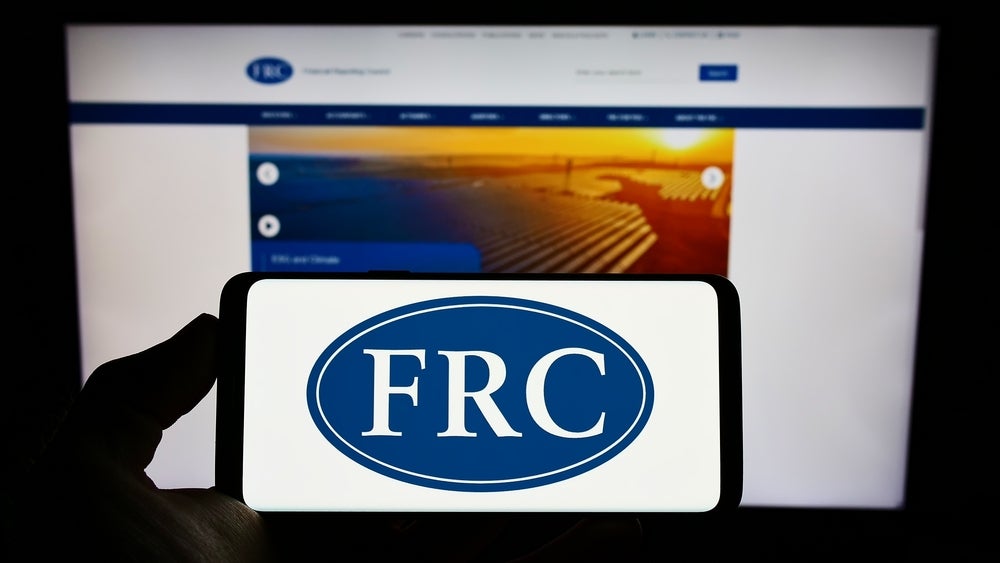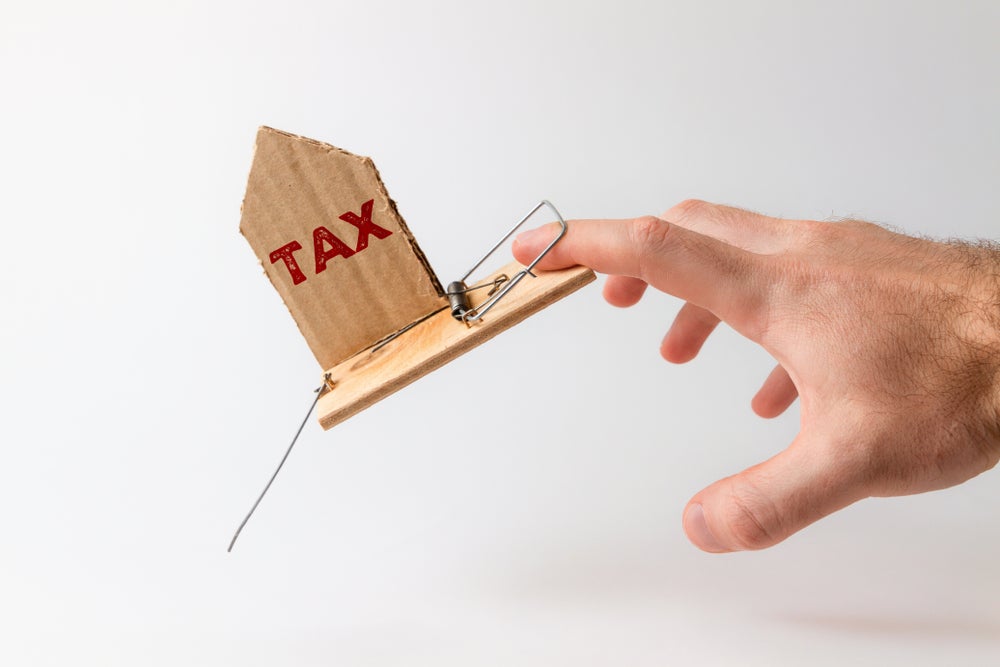UK’s withdrawal agreement (a treaty between the European Union and the United Kingdom) will enter into force upon the UK's exit from the EU, on 31 January 2020 at midnight CET. From that time on, the UK will no longer be an EU member state and will be considered as a third country
The withdrawal agreement ensures an orderly withdrawal of the United Kingdom from the Union. It covers citizens' rights, the financial settlement, a transition period, protocols on Ireland/Northern Ireland, Cyprus and Gibraltar, governance and other separation issues.
The Background
On 23 June 2016, UK citizens voted to leave the EU. On 29 March 2017, the UK formally notified the European Council of its intention to leave the EU. On 17 October 2019, the European Council (Article 50) endorsed the withdrawal agreement as agreed by the negotiators of both sides. It also endorsed the revised political declaration on the framework of the future EU-UK relationship.
Transition period
The entry into force of the withdrawal agreement marks the end of the period under Article 50 TEU and the start of a transition period until 31 December 2020. This transition period, foreseen in the withdrawal agreement, aims to provide more time for citizens and businesses to adapt.
How well do you really know your competitors?
Access the most comprehensive Company Profiles on the market, powered by GlobalData. Save hours of research. Gain competitive edge.

Thank you!
Your download email will arrive shortly
Not ready to buy yet? Download a free sample
We are confident about the unique quality of our Company Profiles. However, we want you to make the most beneficial decision for your business, so we offer a free sample that you can download by submitting the below form
By GlobalDataDuring the transition period, the UK will continue to apply Union law but it will no longer be represented in the EU institutions. The transition period can be extended once for a period of up to one or two years, if both sides agree to this before 1 July 2020.
The negotiations on the future partnership between the EU and the UK will start once the UK has left the EU. The framework for this future relationship was set out in the political declaration agreed by both sides in October 2019.
Accounting and auditing firms’ outlook
Amanda Tickel, Brexit lead at Deloitte comments, “The UK will be leaving the EU today. As we approach the eleventh hour, the mind-set of business must now shift. Brexit is no longer a possible risk to plan for, but a real change. While little will alter overnight, time on the transition clock will quickly run out.
“Government and businesses must now engage on the Brexit technicalities and all organisations – regardless of their size or industry – have to get prepared for leaving the EU. Those businesses who simply wait to see the details of a Free Trade Agreement will be too late; some areas of change are already determined and can be prepared for now.
James Stewart, Vice Chairman and Head of Brexit, KPMG UK says, “Now the real negotiations begin. But the fundamental question remains to whether a deal on the future relationship with the EU can be reached by the end of the year.
“With regulatory and trade issues all still to play for, UK business recognises there will be choppy waters ahead. Also, business leaders are waiting for the publication of the government’s negotiating priorities, hoping this prompts an honest conversation about the trade-offs involved in securing a future agreement with the EU.
“Brexit is uncharted territory, so there will still be an air of caution for most businesses as they also wait on the promise of domestic investment by the government. However, the reality is key investment decisions need to be made to build confidence and help get the UK back on the path to growth.”





